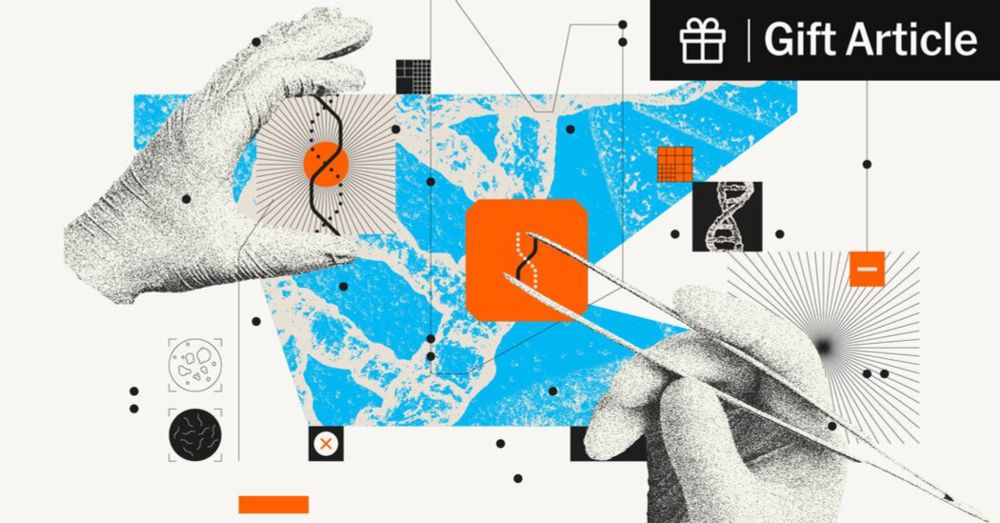



www.newscientist.com/article/2467...

www.newscientist.com/article/2467...

Story with comments from @emmiehine.com
www.newscientist.com/article/2464...

Story with comments from @emmiehine.com
www.newscientist.com/article/2464...


🧬Gene-editing of human embryos - the case for and against
🐦The pandemic risk of H5N1
🍝The raging battle over how to make cacio e pepe
with @pennysarchet.bsky.social, @gracewade.bsky.social and @mjflepage.bsky.social
podcasts.apple.com/gb/podcast/n...




bsky.app/profile/mich...

bsky.app/profile/mich...
Bottom line: this is not another pandemic starting but like other cold viruses 🦠 hMPV can sometimes kill the vulnerable, such as very young children. We need a vaccine, and hopefully we'll have one soon
www.newscientist.com/article/2462...

Bottom line: this is not another pandemic starting but like other cold viruses 🦠 hMPV can sometimes kill the vulnerable, such as very young children. We need a vaccine, and hopefully we'll have one soon
www.newscientist.com/article/2462...



A crack team of (very game) academics
One tarpaulin
One kettle
One bicycle pump
One empty drinks bottle
A very, very cold room
Watch & read about my snow-making exploits here
www.newscientist.com/article/mg26...


@newscientist.bsky.social The number has now jumped to 50, and I am writing about it again www.newscientist.com/article/2459...

@newscientist.bsky.social The number has now jumped to 50, and I am writing about it again www.newscientist.com/article/2459...
www.newscientist.com/article/2459...


www.newscientist.com/article/2459...
www.newscientist.com/article/2459...

www.newscientist.com/article/2459...

www.newscientist.com/article/2459...

